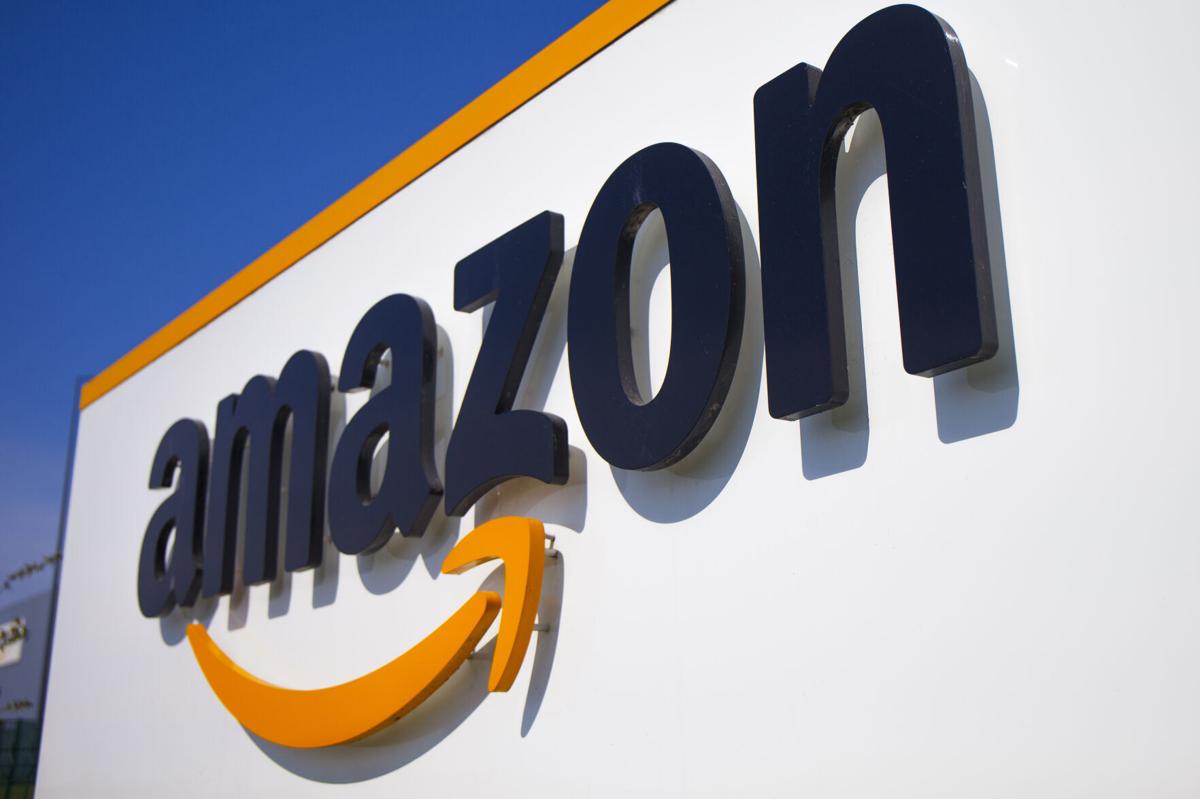Amazon will make major changes to its business practices to end competition probes in Europe by giving customers more visible choices when buying products and, for Prime members, more delivery options, European Union regulators said Tuesday.
The EU's executive commission accepted the legally binding commitments from Amazon to resolve two antitrust investigations, allowing the company to avoid a legal battle with the EU's top antitrust watchdog that could potentially have ended with fines worth up to 10% of annual worldwide revenue.
The agreement marks another advance by EU authorities as they clamp down on the power of Big Tech companies, and comes just a day after the European Commission accused Facebook parent company Meta of distorting competition in the classified ads business. The 27-member bloc hit Google with billions in fines, opened investigations into Apple and is set to enact sweeping regulations by 2024 aimed at preventing so-called digital gatekeepers from dominating online markets.
"Today's decision sets the rules that Amazon will need to play by in the future instead of Amazon determining these rules for all players on its platform," Margrethe Vestager, the EU's competition commissioner, said at a news briefing in Brussels. "With these new rules, competing independent retailers, carriers and European customers, well, they will have more opportunities and more choice."
The agreement only applies to Amazon’s business practices in Europe and will last for seven years, though some portions of the deal will end in five years. Amazon will have to make the changes by June.
"We are pleased that we have addressed the European Commission's concerns and resolved these matters," Amazon said in a prepared statement, adding that it still disagrees with some of the commission's preliminary conclusions.
Amazon offered concessions in July to resolve the two investigations. It improved those initial proposals after the commission tested them out and received feedback from consumer groups, delivery companies, book publishers and academics.
The company promised to give products from rival sellers equal visibility in the "buy box," a premium piece of website real estate that leads to higher sales.
European customers will get a second buy box underneath the first one for the same product, but with a different price or delivery offer.
"As Amazon cannot populate both Buy Boxes with its own retail offers, this will give more visibility to independent sellers," Vestager said. Regulators will monitor how the second box performs.
John E. Lopatka, an antitrust scholar and law professor at Penn State University, said the terms of the deal represent a significant change for Amazon's business and could become a precedent for U.S. antitrust regulators.
"The countries that are included in the EU's association are a significant — and growing — market for Amazon," Lopatka said. "It's hard for Amazon to say 'we can't do that here' when they're already doing it in Europe."
As part of the deal, Amazon is easing access for merchants and couriers to its Prime membership service. It will stop discriminating against Prime sellers that don't use its own logistics and delivery services and will let Prime members freely choose any delivery service. Currently, couriers can only deliver Prime parcels if they're approved by Amazon.
The company also pledged to stop using "non-public data" from independent sellers on its platform to provide insights on how to compete against those merchants through its own sales of branded goods or "private label" products.
Amazon uses the data to decide what kind of products to launch, prices, which suppliers to choose or how to manage inventories, Vestager said. She said the company has committed to stop doing this with seller data, including sales, revenues, shipments, transaction prices, performance and consumer visits.
"They will have to take the same risks as everyone else on the platform because they cannot rely on everyone else's data," she said.
Monique Goyens, director general of European consumer group BEUC, said the settlement allows consumers greater choice when they shop on Amazon, adding regulators should "closely monitor" Amazon's compliance with its commitments and insist on improvements if necessary.
Some believe the settlement doesn't go far enough. Stacy Mitchell, an Amazon critic and co-director for the anti-monopoly group Institute for Local Self-Reliance, said its provisions are too weak and allows Amazon to self-police, "leaving the tech company with plenty of latitude to continue abusing sellers and blocking competition."
Amazon faces similar scrutiny in the U.S. and Britain.




